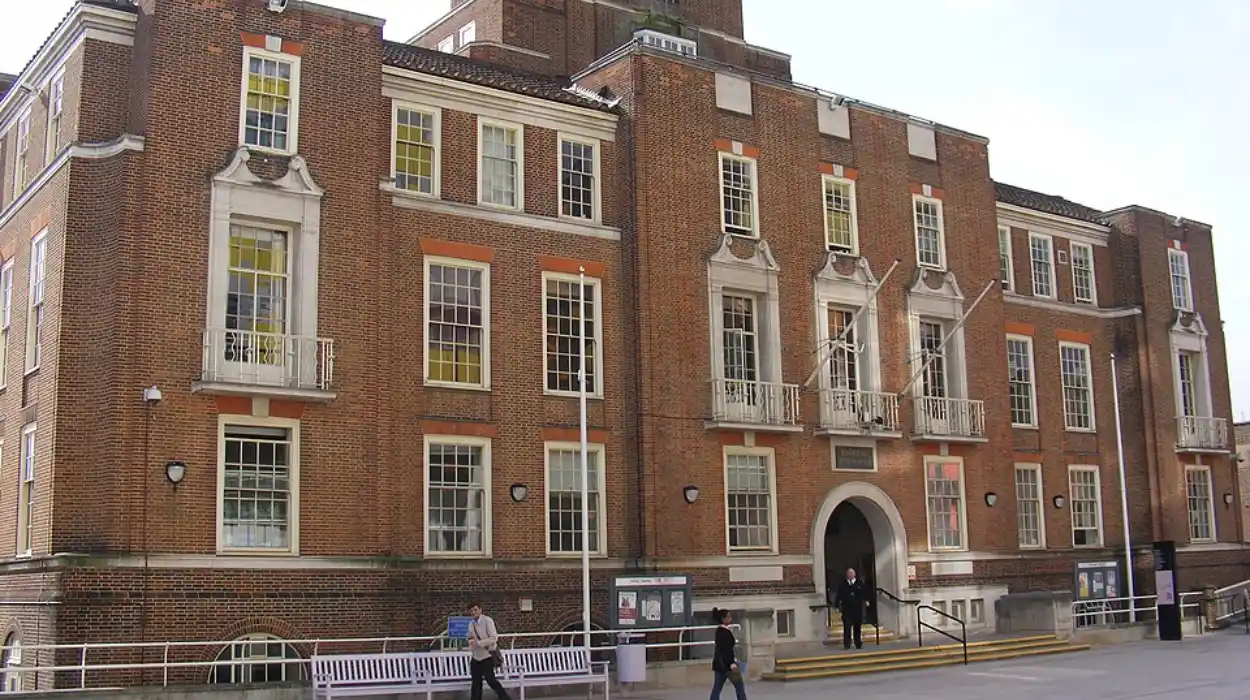Barking & Dagenham (Parliament Politics Magazine) – Barking & Dagenham Council is set to invest £11M in capital funding to overhaul care services for high-risk children, enhancing protection and support systems.
The capital part of this initiative is being match funded by the DfE.
Seven premises will be transformed into three first-rate residential homes as part of the plan, offering care for children aged 11 to 17 with complex needs, including those covered by Deprivation of Liberty Orders (Dolos). These welfare orders are intended to shield kids from danger, whether it comes from other people or themselves.
These houses will provide children who are currently placed in expensive, uncontrolled environments with a safe, nurturing environment.
The residences will be run in collaboration with reputable nonprofits. By January 2026, the council hopes to finalize site selections; construction will start soon after, and the Barking & Dagenham residences will open in 2027.
The council will save an estimated £23 million by reducing reliance on external placements, which may cost up to £28,000 per week per kid, while spending £140 million on care for these youngsters over the next ten years. Additionally, the project will retain investment in the local economy, increase training and development in the care industry, and generate jobs in the area.
Councillor Jane Jones, Cabinet Member for Children’s Social Care and Disabilities, said:
“This is a long-term commitment to our children and our community. By managing care locally, we can provide better outcomes and reduce the risk of young people entering the adult care system.”
This initiative, which is only available to kids from Barking and Dagenham, makes sure that the most vulnerable kids in the borough get the help and care they require in their local communities.
Have local families been consulted in designing the new homes and care model?
Conversations with children, young people, and families are encouraged to be recorded and documented to show where and how their voices influenced decisions.
Assessments and plans are made to be understandable to children and families, avoiding jargon and involving them in reviewing and agreeing with care decisions.
Consent and engagement are key principles, ensuring families and young people are fully informed and their views are sought and recorded throughout the process.
The council’s continuum of need framework explicitly underscores working in partnership with families and children so they actively participate in decisions impacting their lives.


